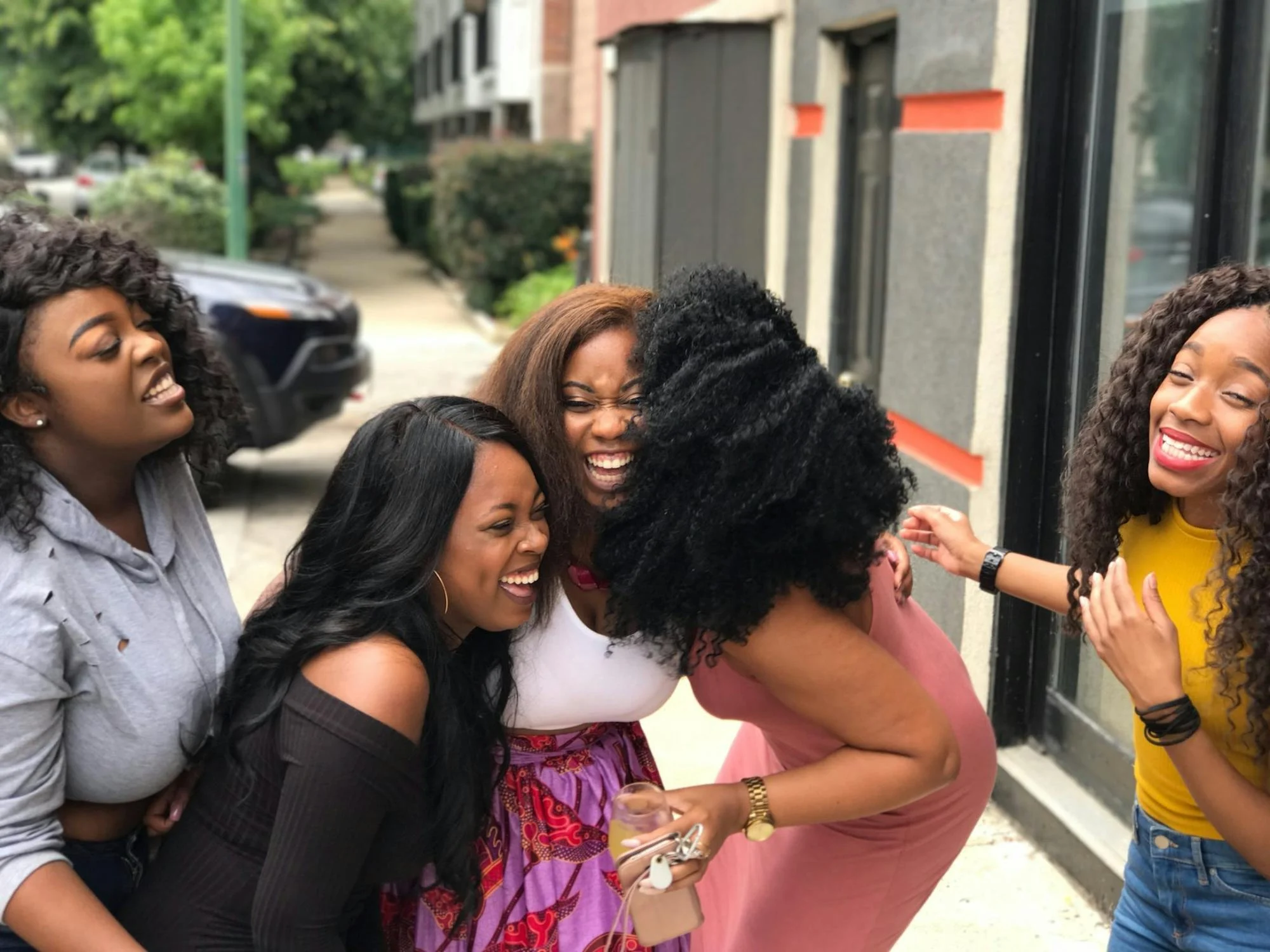Divorce is undoubtedly one of the most challenging events a person can face. It brings with it a wave of intense emotions — pain, frustration, relief, confusion — and an urgent need to rebuild. However, beyond the obvious legal and emotional issues, divorce also impacts something that is often overlooked: friendships and social circles. When a couple decides to separate, it’s not just the bond between them that breaks — the social networks built throughout the relationship also suffer a profound and often silent impact.
Mutual friends may feel pressured to “choose a side.” Some bonds weaken, while others simply disappear. And in the midst of this social reconfiguration, the person going through the divorce may feel even more isolated and vulnerable. In this article, we’ll explore the invisible impacts that divorce has on friendships and social circles — and how it’s possible to rebuild these connections in the midst of a new chapter in life.
1. The Breakup Beyond the Couple: When Friends Also Split
One of the most common consequences of divorce is the division of the social circle. Friends who were once shared by the couple now find themselves in an uncomfortable position — should they maintain contact with both partners or pick a side? This dynamic becomes even more complicated in cases of messy breakups, where resentment, betrayal, or lingering bitterness make it difficult to remain neutral.
The Discomfort of Being “Friends with Both”
In an ideal world, mutual friends would be able to maintain friendly relationships with both ex-partners. However, in practice, this is rare. Friends may feel they are betraying one side by maintaining contact with the other. Phrases like “You still talk to him/her?” or “How can you hang out with them after what happened?” are common in these situations.
Furthermore, social events such as birthdays, parties, or group gatherings become tense. Friends who try to remain diplomatic may end up distancing themselves from both parties to avoid conflict altogether.
The Loss of Connections That Seemed Strong
Another invisible but deeply painful impact is the realization that some friendships were conditional on the existence of the relationship. Friends who once seemed close may disappear after the divorce, leaving an emotional void that compounds the pain of the breakup. This type of loss can be particularly hard to process because it reinforces feelings of abandonment and rejection.
2. When Friendships Were “Inherited” from One Partner
It’s common for one partner in a relationship to bring more friends into the couple’s social circle. If, for example, most of the friends were initially close to one of the partners, it’s natural that those friends will side with the person who introduced them.
Feeling Excluded From a Group That Once Felt Like Yours
Imagine that you and your partner had a fixed group of friends that you saw every weekend. After the divorce, you realize that the group is still hanging out — but without you. You see photos of gatherings on social media, but you weren’t invited. That feeling of exclusion is painful and can trigger feelings of rejection and inadequacy.
This scenario is more common than you might think. When the friends were initially closer to one partner, the other may end up being cut out of the social dynamic. This can lead to a process of social mourning, where the person not only grieves the end of the marriage but also the loss of a social circle they once considered their own.
3. The New Social Identity After Divorce
Divorce doesn’t just change a person’s marital status — it also shifts how they are perceived socially. From “married” to “single,” from “part of a couple” to “alone,” this new social identity can be uncomfortable, especially in social settings where most people are coupled up.
Awkwardness at Social Events
Invitations to dinners, parties, and gatherings from friends may become less frequent after the divorce. Many hosts fear creating uncomfortable situations, especially if both ex-partners are invited. There’s also the concern that the divorced person will feel out of place in a room full of couples.
Moreover, the simple act of attending social events alone can trigger anxiety and discomfort. Questions like “Did you come alone?” or “Where’s so-and-so?” can turn a simple party into a painful reminder of the divorce.
4. Rediscovering New Friendships and Connections
Despite the social losses that divorce can bring, it also offers an opportunity for rebuilding and rediscovering who you are outside of a relationship. This is a time to cultivate more authentic friendships and find new ways to connect with the world.
Reconnecting With Old Friends

During a relationship, it’s common for some old friendships to fade into the background. Divorce can be a chance to rekindle those bonds, now with a fresh perspective. Friends who were left behind may prove to be strong sources of support and understanding during this new phase of life.
Exploring New Social Circles
Social rediscovery after divorce may involve exploring new environments and activities. Joining interest groups, book clubs, yoga classes, or even friendship apps can open doors to new connections that are more aligned with this new stage of life.
Another path is to seek support in therapy groups or from people who have also gone through divorces. Sharing similar experiences can create a genuine and empathetic support network.
5. How to Maintain Friendships After Divorce
Maintaining friendships after a divorce requires maturity and a willingness to communicate. It’s possible to keep healthy relationships with mutual friends if certain points are respected:
✅ Avoid involving friends in the details of the divorce. Don’t make them feel pressured to choose a side or take sides.
✅ Be transparent about your emotional limits. If a certain environment or situation feels uncomfortable, communicate it respectfully.
✅ Don’t isolate yourself. Even if the initial urge is to withdraw, actively seek contact with the friends you value.
✅ Be open to new connections. Divorce can be the starting point for creating new social circles and more authentic friendships.
6. The Role of Family and Non-Romantic Relationships
Not all social support comes from friends. Family members, coworkers, and even acquaintances can become important pillars of support after a divorce. Strengthening these bonds can provide emotional stability and fill the gap left by lost friendships.
Moreover, building new connections outside the romantic realm — such as deepening friendships with colleagues or creating meaningful relationships through shared interests — can bring emotional balance and a sense of belonging.
Conclusion: Reconfiguring Relationships is Part of the Healing Process
Divorce doesn’t just affect the bond between two people — it reverberates through the entire social circle around them. The loss of friends, the discomfort at social events, and the feeling of exclusion can be just as painful as the end of the marriage itself. However, the healing process involves recognizing these losses, understanding that they are part of the transition, and most importantly, opening up to new possibilities for connection.
Divorce, no matter how difficult, is also an opportunity for self-discovery and rebuilding. The social bonds that survive this process will undoubtedly be more genuine and aligned with who you truly are.
